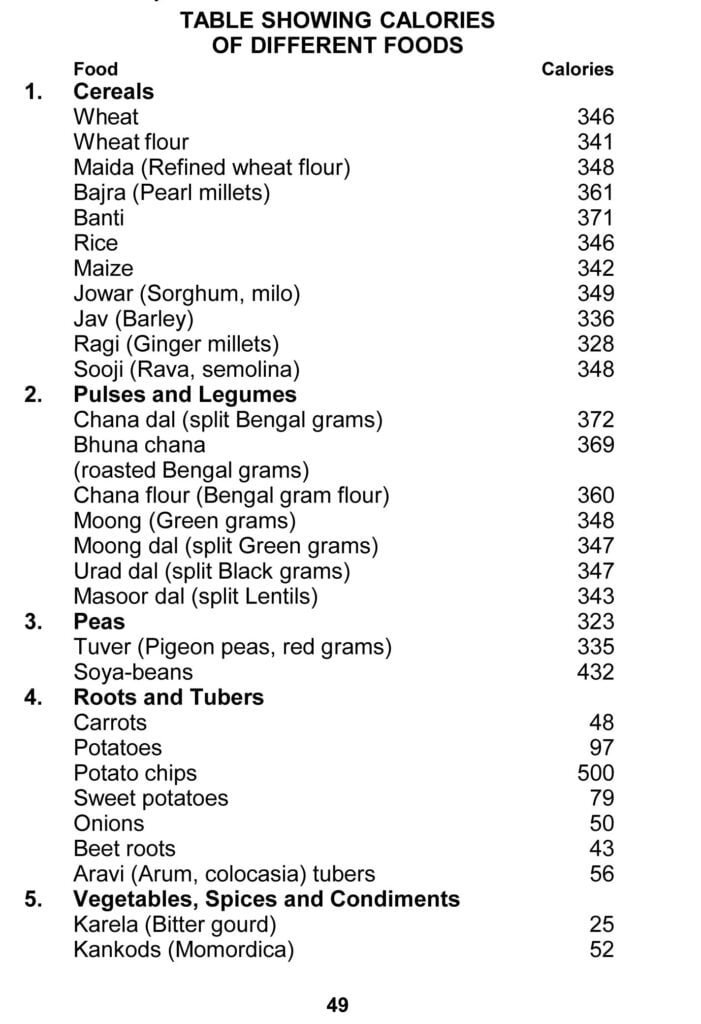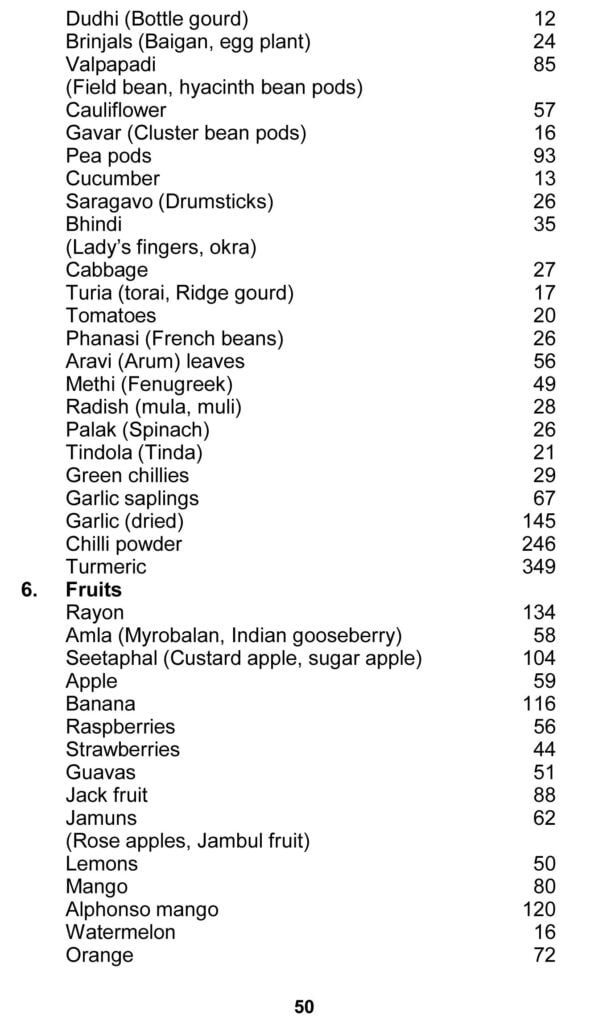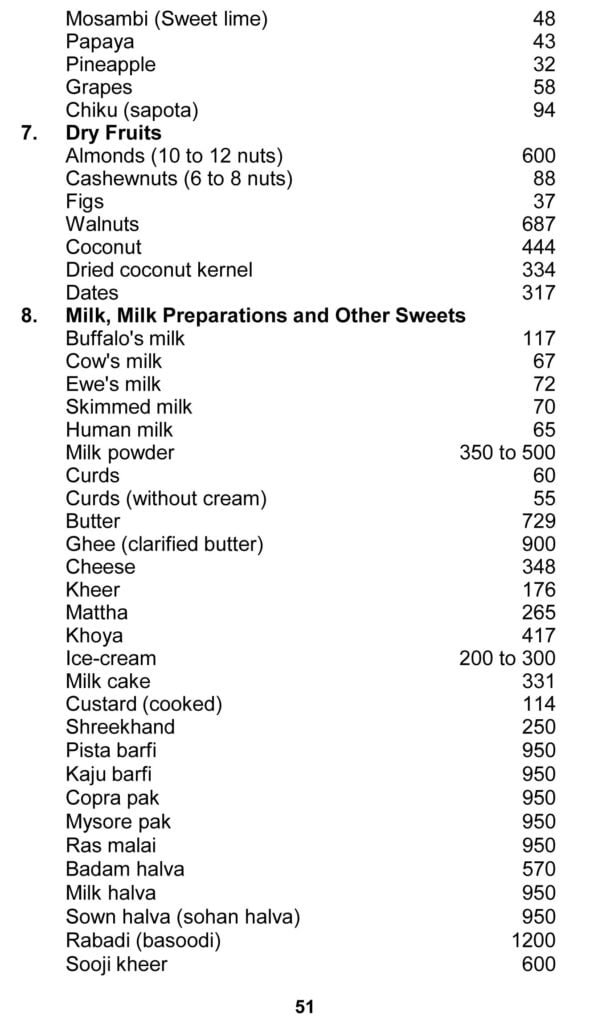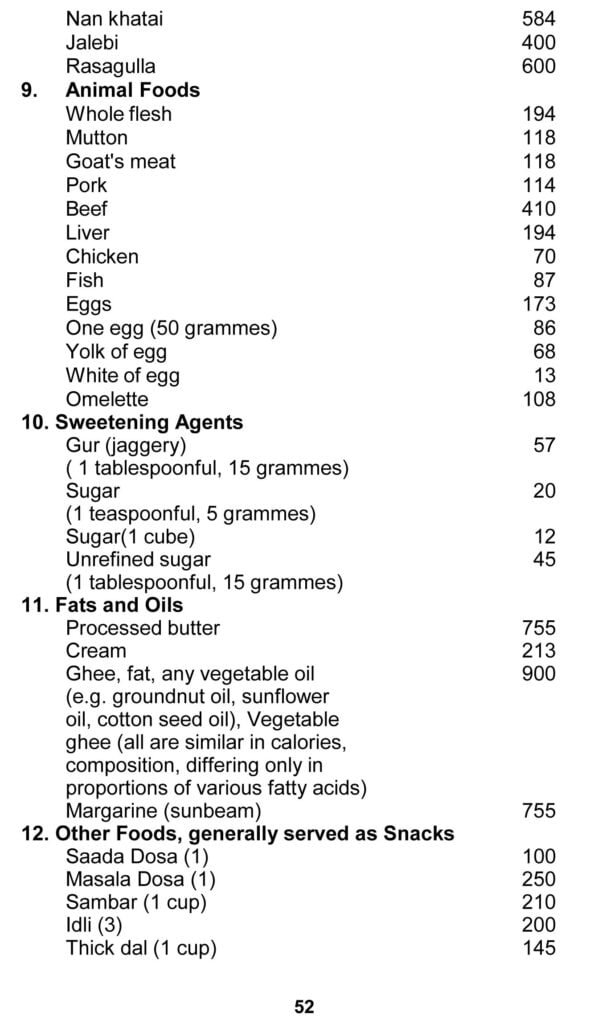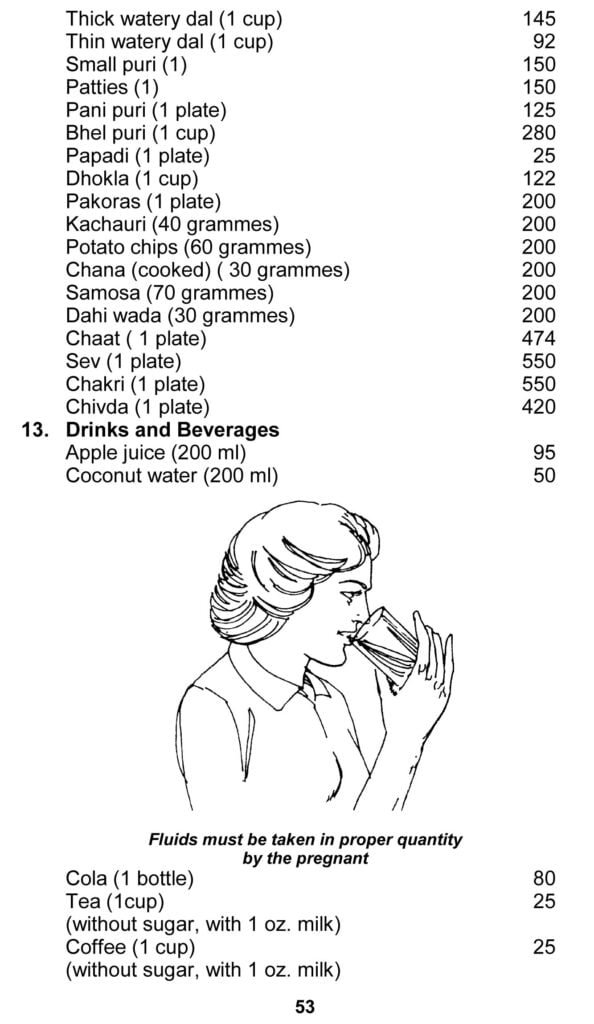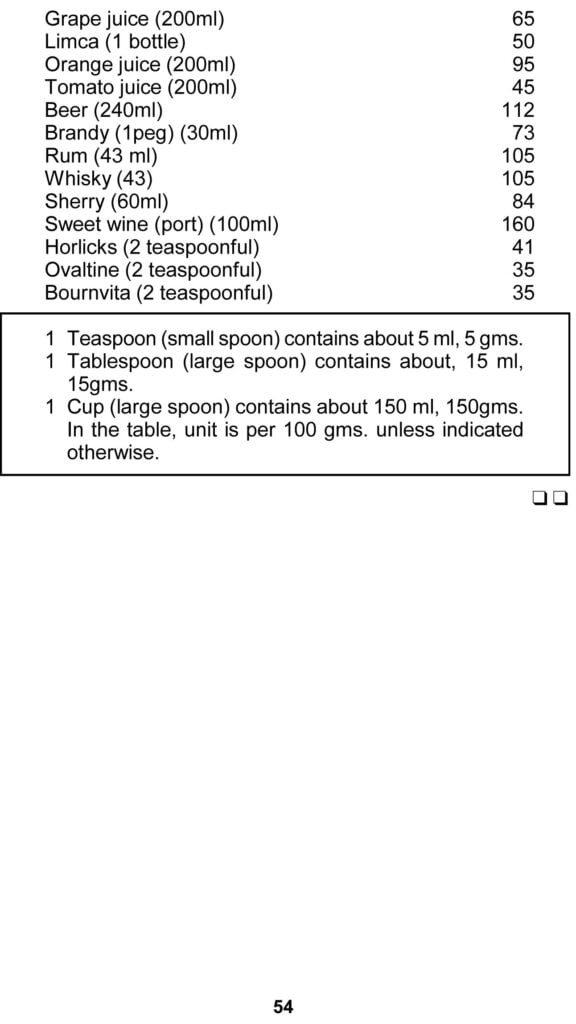A food item that could cause serious problems for pregnant women is soft cheese. Any soft cheese-including feta, mozzarella, goat, brie, Camembert, blue-veined, and Mexican could contain a bacteria called listeria that causes miscarriages and stillbirths. This lethal bacteria may also be found in raw and undercooked meat, poultry and seafood, as well as on raw vegetables. Two other foods in which listeria has been found are hummus dip and taboule salad. Listeria can be killed only by heating to the boiling point. Cold or freezing temperatures do not destroy it.
The symptoms of listeria infection include fever, chills and other flu-like complaints, plus headache, nausea, and vomiting. They can occur 2 to 30 days after ingestion.

Although information on this bacteria is not widely available, listeria is very dangerous, so products that could be contaminated with it should be carefully avoided during pregnancy. Dr. Boris Petrikovsky, chief of maternal foatal medicine at North Shore University Hospital on Long Island stated that listeria is the No. I food-bome infection that kills foetuses. The following guidelines can help reduce your chances of ingesting this harmful bacteria:
- Avoid all soft cheeses.
- Use only pasteurized dairy products.
- Reheat any ready-to-eat items.
- Thoroughly wash raw vegetables.
- Wash hands, countertops and all utensils after handling uncooked foods.
Listeria is not harmful to healthy adults, but it is very dangerous to the elderly and to people with weakened immune systems, as well as to pregnant women and their fetuses.
The precautions used to avoid listeria infection will also help prevent food poisoning from E. coli and salmonella bacteria. Always cook meat, especially hamburger, until there is no pink and the thermometer registers 1700F. Poultry should be cooked to an internal temperature of 1850F.
Several other situations have been cited as possibly being hazardous during early pregnancy. For example, one investigation showed that the employees in a semiconductor plant who worked in the room where computer chips were etched with acids and gases has a miscarriage rate of 39 percent , which is nearly twice the national average.
Some concern also exists about a possible correlation between exposure to electro-magnetic radiation and miscarriage. Sources of this radiation include computer monitors and video displays terminals, electric blankets, waterbed heaters, electric cable ceiling heat and power lines and substations. There is no conclusive evidence to support this concern.
Other possible risks are to women who handle the chemicals used in dry cleaning and in hair dyes and permanents. In addition, the use of hot tubs and saunas by pregnant women has been associated with birth defects and foetal death. Further studies are needed to determine whether any danger actually exists in these cases. Until then, you may want to avoid these situations.
Diet for the pregnant lady
There should be a proper diet plan for pregnant ladies. An ideal diet is which contain carbohydrate, fat, protein and vitamins according to the body requirement. The diet for the pregnant ladies should be :
Breakfast
Fruits, fruit juice, sprouted pulses, lean meats, fresh boiled eggs, cheese, bread or a slice or toast with butter, milk, tea or coffee.
She may select a few items from the above mentioned list.
Mid-day meal
Rice, dal ( pulse-soup), cooked or raw vegetables, chappatis, bread, milk, fruits, meats, curds, eggs, fish, cheese, chicken, mineral waters etc.
She may select four or five items from above.
Dinner
Khichadi, vegetable-broth, bread, milk, fruits, bean, meats, egg, fish, cheese, chicken, white meats etc.
She may select four or five items from above.

She must be cautious to take the above mentioned items in as much quantity as neither make her feel starved or overfed. She may also take appropriate amounts of milk, dry fruits, fresh fruits, curds or biscuit if she really feels hungry. It may be recalled that it is better to consume less food with greater frequency than to have large amounts with long intervals. Besides, she must be cautious as to not become obese which might create more problems not only for her but also for the child.
During pregnancy the normal daily intake of food should be following :
About 250 gms. of flour, 100 gms. of dal, 1 kg milk, ghee or oil 50 to 60 gms; sugar 20 gms, fresh fruits 1 or 2, lean meats 20 gms, eggs-4, green vegetables 200-250 gms.
This diet would give her about 2600 to 2800 calories with all the necessary nutrients.
